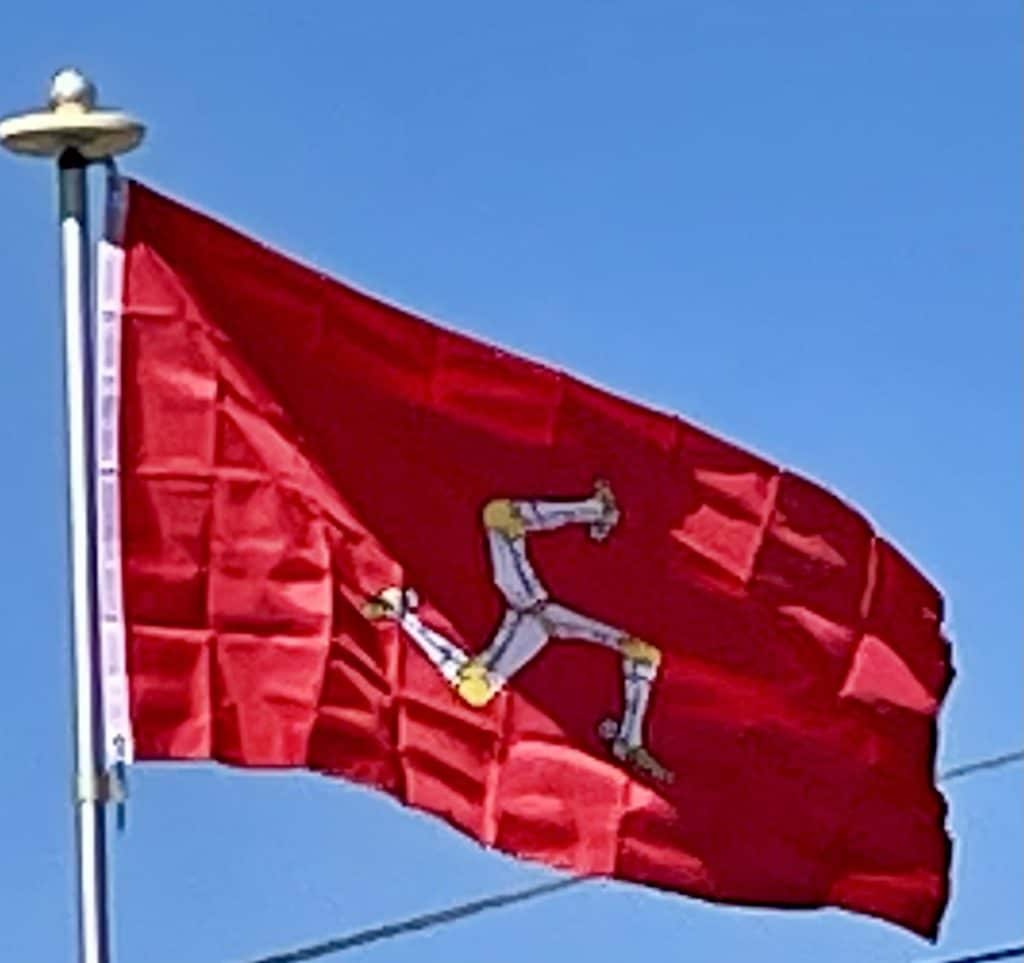The unemployment rate is around 5%.
The Isle of Man is a low-tax economy with no capital gains tax, wealth tax, stamp duty, or inheritance tax and a top rate of income tax of 20%. A tax cap is in force: the maximum amount of tax payable by an individual is £200,000 or £400,000 for couples if they choose to have their incomes jointly assessed. Personal income is assessed and taxed on a total worldwide income basis rather than a remittance basis. This means that all income earned throughout the world is assessable for Manx tax rather than only income earned in or brought into the island.
The standard rate of corporation tax for residents and non-residents is 0%. Retail business profits above £500,000 and banking business income are taxed at 10%, and rental (or other) income from land and buildings situated on the Isle of Man is taxed at 20%.
Trade takes place mostly with the United Kingdom. The island is in customs union with the UK, and related revenues are pooled and shared under the Common Purse Agreement. This means that the Isle of Man cannot have the lower excise revenues on alcohol and other goods that are enjoyed in the Channel Islands.
The Manx government promotes island locations for making films by offering financial support. Since 1995, over 100 films have been made on the island. Most recently the island has taken a much wider strategy to attract the general digital media industry in film, television, video and eSports.
The Isle of Man Government Lottery operated from 1986 to 1997. Since 2 December 1999 the island has participated in the United Kingdom National Lottery. The island is the only jurisdiction outside the United Kingdom where it is possible to play the UK National Lottery. Since 2010 it has also been possible for projects in the Isle of Man to receive national lottery Good Causes Funding. The good causes funding is distributed by the Manx Lottery Trust. Tynwald receives the 12% lottery duty for tickets sold in the island.
Tourist numbers peaked in the first half of the 20th century, prior to the boom in cheap travel to Southern Europe that also saw the decline of tourism in many similar English seaside resorts. The Isle of Man tourism board has recently invested in “Dark Sky Discovery” sites to diversify its tourism industry. It is expected that dark skies will generally be nominated by the public across the UK. However, the Isle of Man tourism board tasked someone from their team to nominate 27 places on the island as a civil task. This cluster of the highest quality “Milky Way” sites is now well promoted within the island. This government push has effectively given the island a head start in the number of recognized Dark Sky sites. However, this has created a distorted view when compared to the UK where this is not promoted on a national scale. There, Dark Sky sites are expected to be nominated over time by the public across a full range of town, city and countryside locations rather than en masse by government departments.

